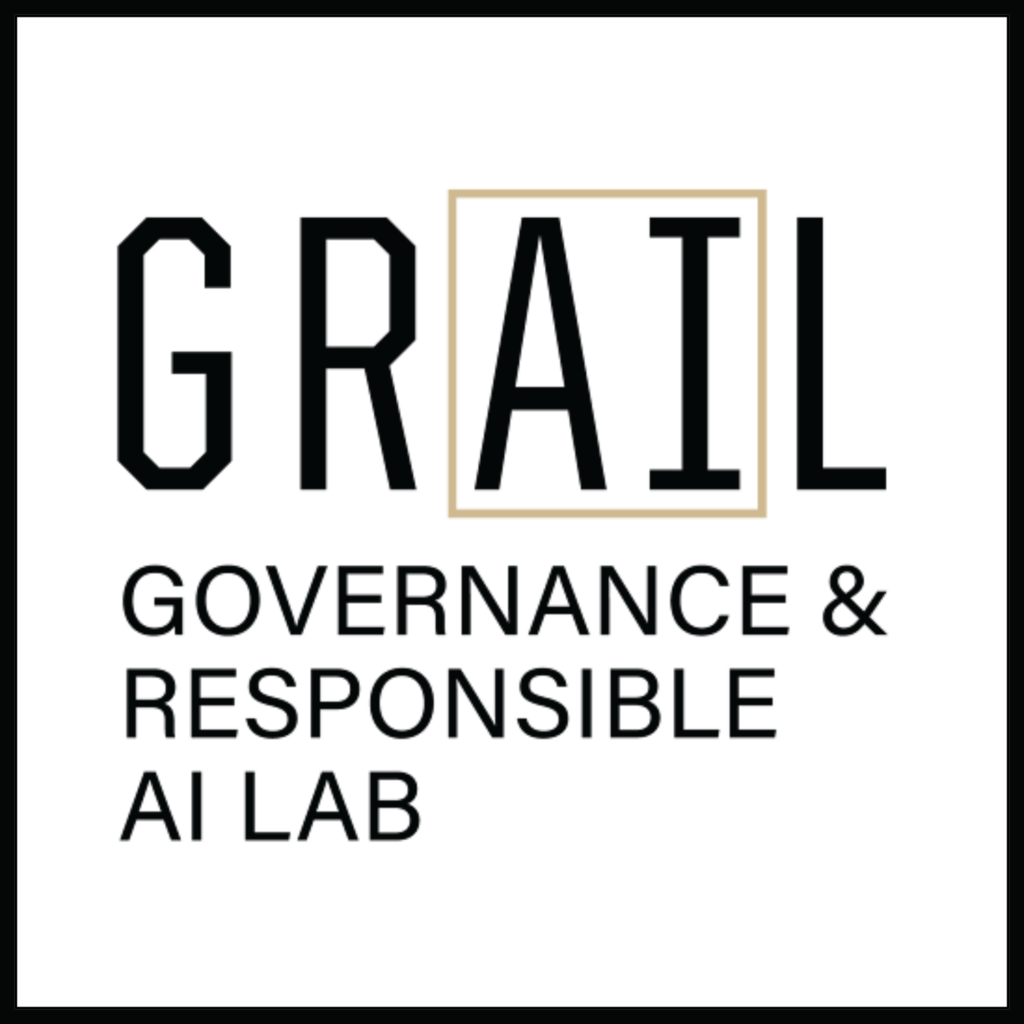

✍️ By Selen Dogan Kosterit.
Selen is a PhD Student in Political Science and a Graduate Affiliate at the Governance and Responsible AI Lab (GRAIL), Purdue University.
📌 Editor’s Note: This article is part of our AI Policy Corner series, a collaboration between the Montreal AI Ethics Institute (MAIEI) and the Governance and Responsible AI Lab (GRAIL) at Purdue University. The series provides concise insights into critical AI policy developments from the local to international levels, helping our readers stay informed about the evolving landscape of AI governance. This piece spotlights Japan’s AI Promotion Act, which was enacted in May 2025.
Japan’s AI Promotion Act
The National Diet of Japan passed its first comprehensive AI legislation, titled “Act on Promotion of Research and Development and Application of AI-Related Technologies,” in May 2025 (hereinafter referred to as Japan’s AI Promotion Act).
The Act aims to promote the research, development and utilization of AI-related technologies to foster economic growth.
Background
In early 2024, the Japanese government signaled a preference for strong AI regulation, which was in line with international developments at the time (e.g., Biden’s AI executive order and the EU AI Act). However, as major countries began to view strict regulatory frameworks as a barrier to AI innovation, Japan’s perspective on AI governance also shifted. As a result, Japan’s AI Promotion Act reflects this change in stance, with the Japanese government now supporting a light-touch approach to AI regulation and aspiring “to become the most AI-friendly country in the world.” Furthermore, the innovation-focused nature of the Act mirrors the government’s growing concerns about falling behind global peers.
Summary of Japan’s AI Promotion Act
Basic Principles: The Act establishes basic principles for policies regarding AI-related technologies. These include aligning with existing national frameworks, maintaining domestic R&D capabilities and enhancing international competitiveness to support socio-economic development and national security, promoting coordinated efforts among various stakeholders in a comprehensive and systematic way, ensuring transparency to prevent misuse that could harm public safety or citizen rights, and actively pursuing international cooperation.
Responsibilities of relevant entities: While the government is responsible for formulating and implementing AI policies in accordance with the basic principles, other entities (such as research institutions, businesses utilizing AI, and citizens) are obligated to cooperate with the measures implemented by the government.
Basic Measures: The basic measures in the Act include promoting R&D efforts, developing infrastructure and facilities, ensuring proper implementation by establishing guidelines aligned with international standards, securing and training human resources, promoting education to enhance public interest and understanding, collecting information on AI-related trends, investigating cases in which citizen rights and interests were infringed due to AI misuse and taking appropriate countermeasures, conducting surveys and research to support AI promotion, providing guidance and advice to relevant entities, and participating in the formulation of international standards.
AI Strategy Headquarters and Basic Plan for AI: The Act establishes an AI Strategy Headquarters within the Cabinet, led by the Prime Minister and composed of all Cabinet ministers as members. The Headquarters is responsible for preparing and implementing a Basic Plan for AI.
Policy Gaps and Further Considerations
Supplementary resolution regarding deepfakes: Following the passage of the AI Promotion Act, both the lower and upper chambers of the National Diet adopted a non-binding supplementary resolution addressing concerns about the misuse of generative AI. The resolution urges the government to adopt stronger measures against deepfakes and other harmful applications.
No penalties for non-compliance: As outlined in the responsibilities of relevant entities, the AI Promotion Act expects businesses to cooperate with the measures implemented by the government. Nevertheless, the Act does not impose any penalties for non-compliance. Instead, the government is authorized to launch investigations and take countermeasures when citizen rights and interests are infringed.
Many sources suggest that the government is likely to follow a ‘naming and shaming’ approach by revealing the names of non-compliant businesses in such cases. Therefore, businesses might still be discouraged from the misuse of AI due to reputational concerns. In fact, some experts highlight that not including a rules-enforcement mechanism in the Act is an intentional move to avoid discouraging investment.
